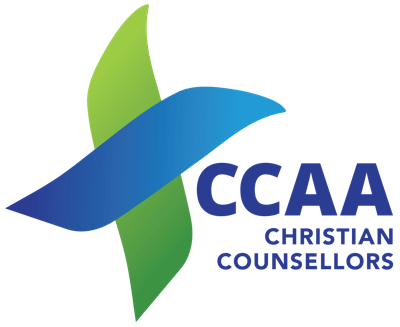What’s New
Welcome to CCAA’s news and blog pages. Here you can find blog articles, policy updates, media releases and news relevant to all interested counsellors and those interested in the profession nationally as well as by state organisation.
Welcome to our Counsellor’s Toolbox. It contains quick tips and handy hints for dealing with common problems such as client cancelled appointments and how to manage client resistance. Consider contributing your ideas to this pool of collective wisdom by emailing the Toolbox Editor here.

Cancelled Appointments
Consider adding the consequences of cancelled appointments to your intake form. For example, ‘under 24 hours’ notice – 50% of fee will be charged.’

Engaging a New Client
Begin to build rapport with a new client from the first contact. If the approach is made by phone, warm and friendly vocal tones and a relaxed pace of delivery will signal confidence and safety to the potential client. Vocal hesitations or a clipped or businesslike tone may be off-putting.

Quick Note Taking Methods
Whiteboard each session’s goal/s, key questions or learnings, client agendas and working diagrams. When the session ends, the whiteboard captures the essence of what has been communicated or worked on. Remember to take more detailed notes in early sessions and periodically as a summary of progress. Placing a thought-provoking question on the whiteboard can promote client thinking and discussion at the start of the session. You may even choose to capture the image on a tablet.

Resistance
When you encounter resistance in a client, get curious, ask questions. A gentle and respectful inquiry helps your client build understanding and move past their resistance.







